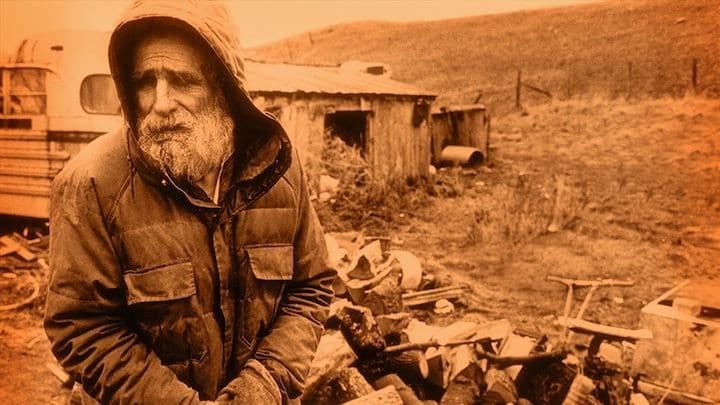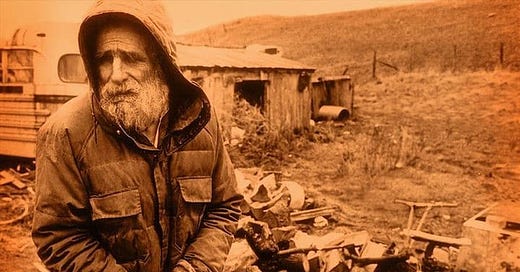The 100 Most Necessary Documentaries to Stream on Netflix This December

Rather than update our original list of the 100 Best Documentaries on Netflix whenever a film expires or is added, we’d like to post a new version each month to keep things tidy and less confusing. And to make it even nicer for all of you, we’re going to note everything that has joined or left the guide.
One modern classic, Los Angeles Plays Itself, join…
Keep reading with a 7-day free trial
Subscribe to Nonfics to keep reading this post and get 7 days of free access to the full post archives.



